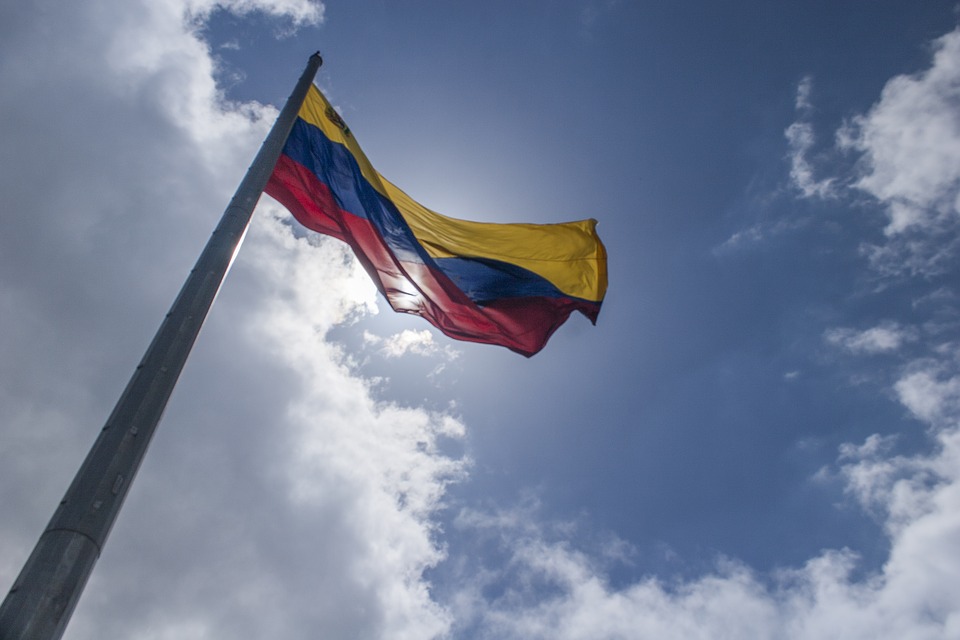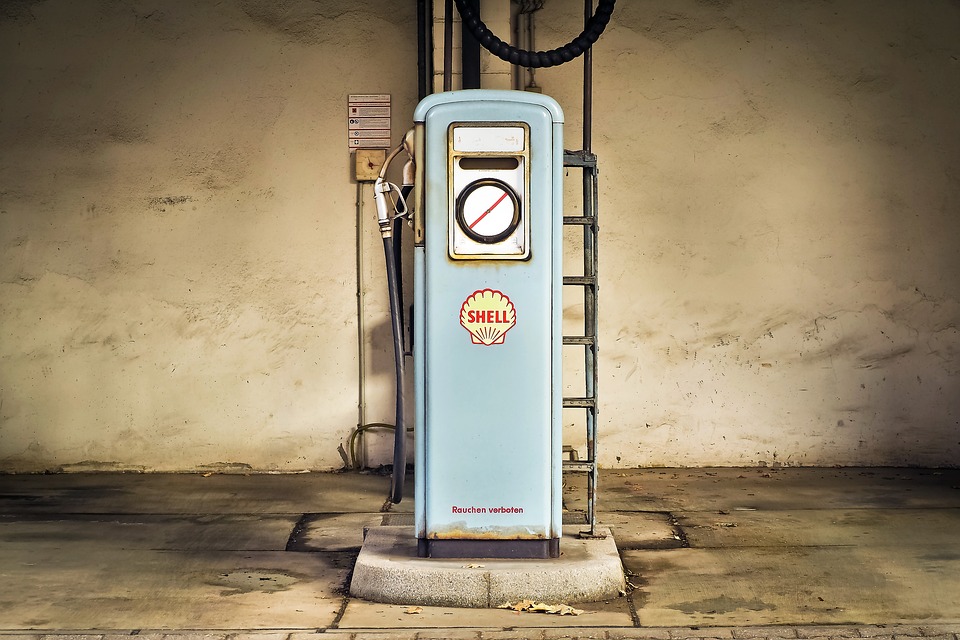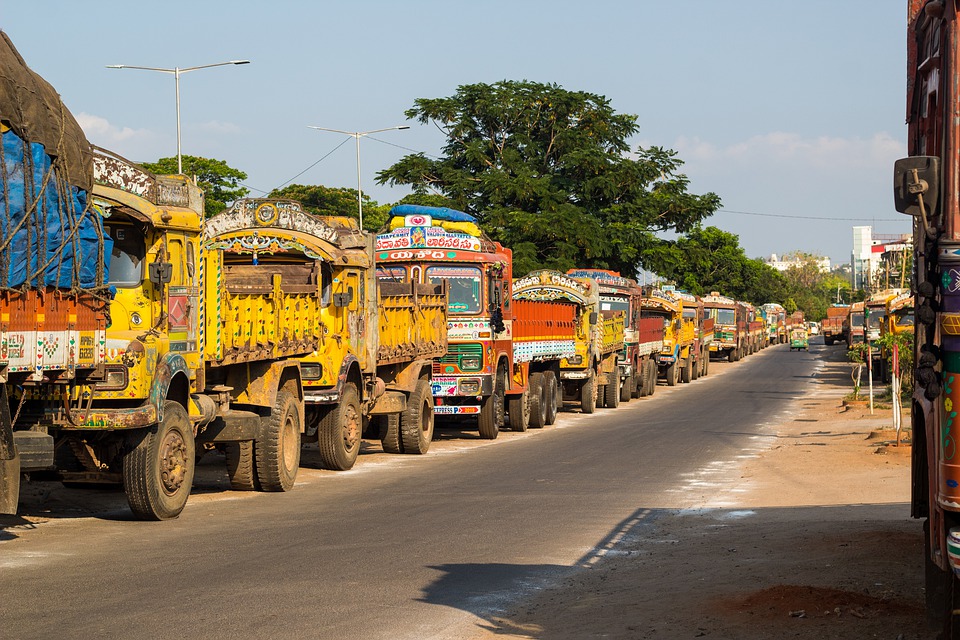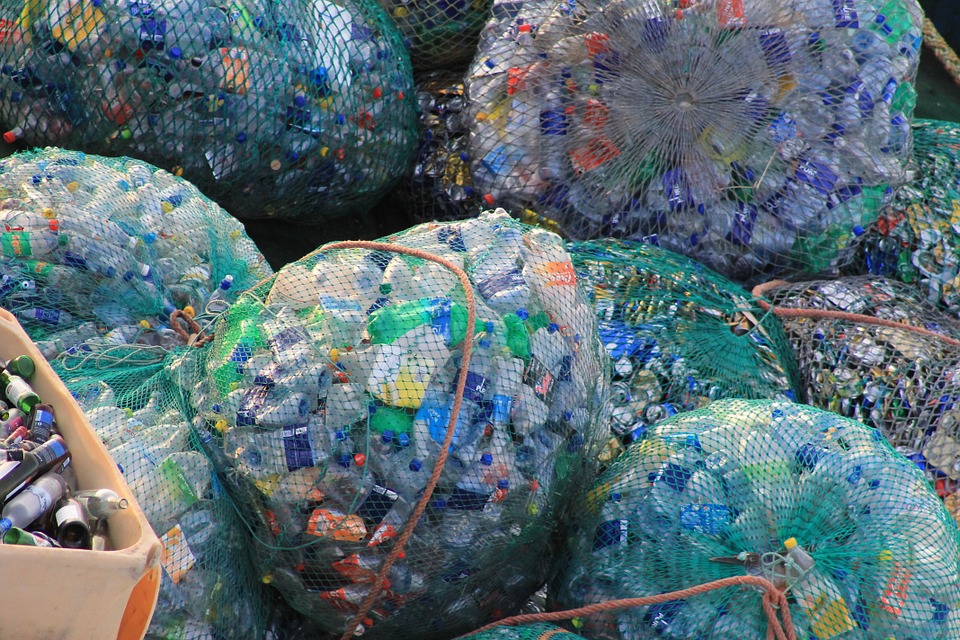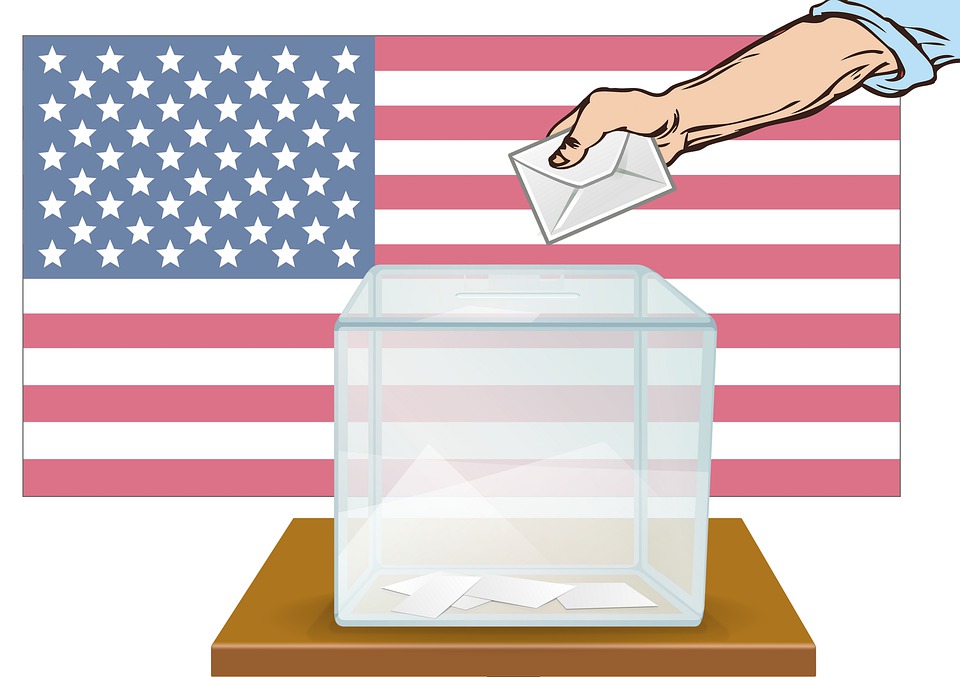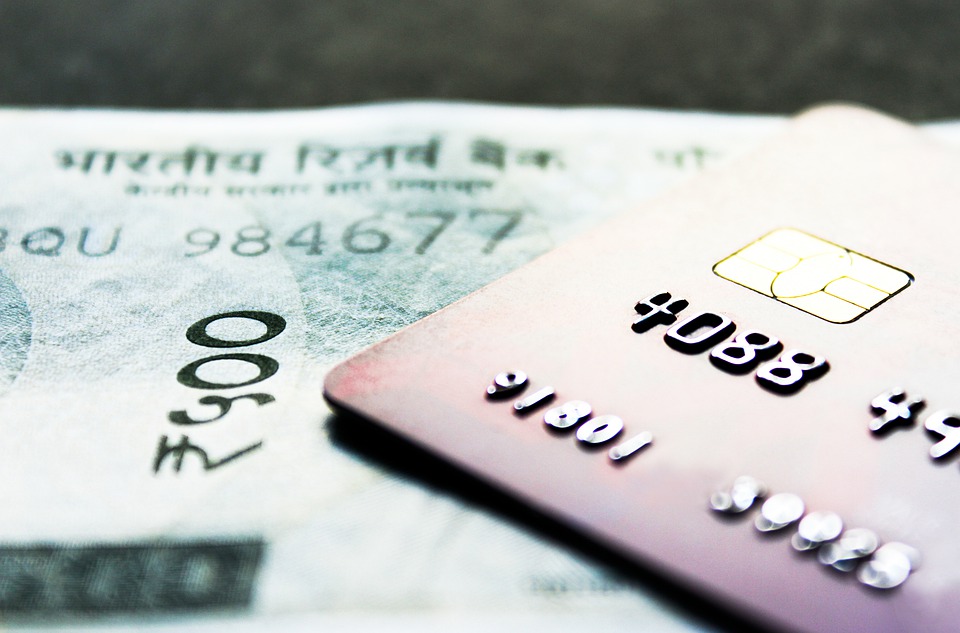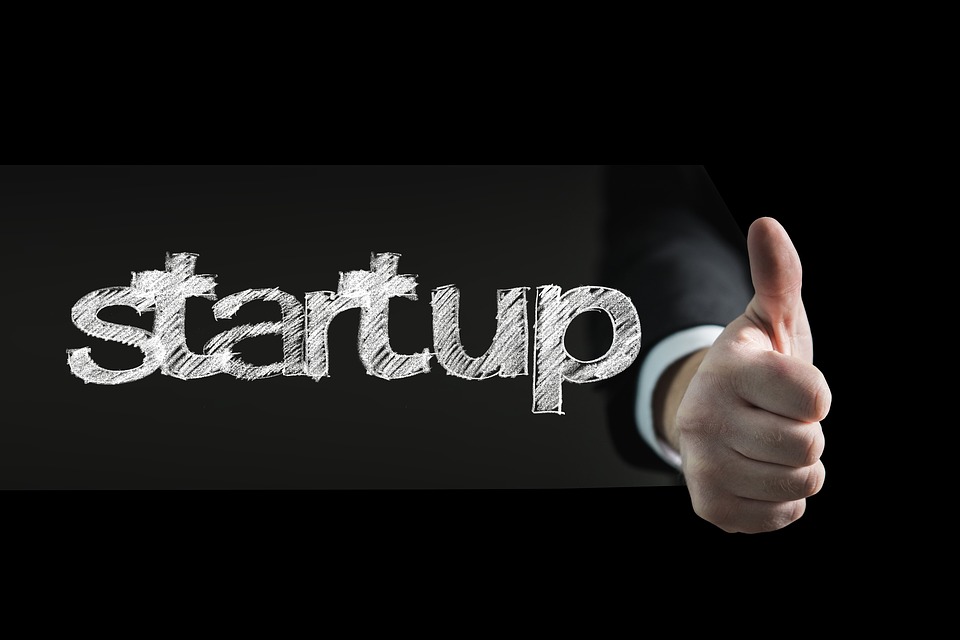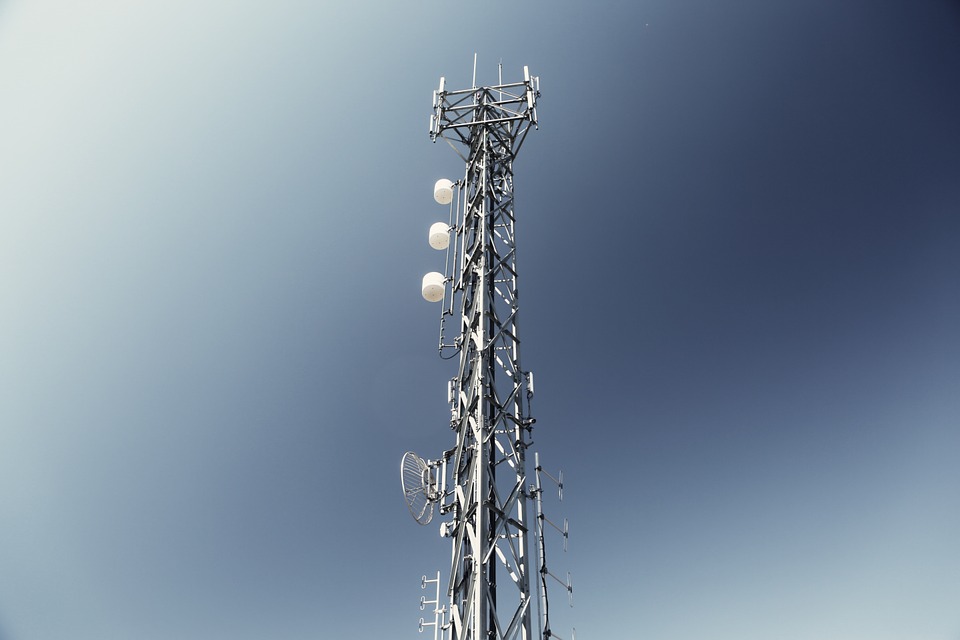The oil-rich South American country, Venezuela, also a member of the Organization of Petroleum Exporting Countries (OPEC), has plunged deep into a political crisis, with warring factions claiming legitimacy to the office of the President. International media has reported on the events and it is time you take a note of some basic facts. Yes, the upheaval in Venezuela has wide repercussions for developing countries like India since we are importers of Venezuela’s crude oil.
First things first
Venezuela is a federal presidential republic and was ruled by the socialist government headed by Hugo Chavez until his death in 2013. Since assuming office in 1999, Chavez’s government introduced many populist reforms that initially produced good outcomes but subsequently resulted in the economy going into a catastrophe mode. This was exacerbated by the fall in oil prices since 2014. The currency lost much of its value and hyperinflation crept in with many basic items becoming out of reach of many Venezuelans.
What after Chavez?
After his death, Nicolas Maduro was elected to the office of the president. Maduro continued with his deceased patron’s socialist policies but the economy bore the brunt and public sentiment went against him. Maduro won the re-election in 2018; however, opposition parties and other independent agencies allege that the polls were rigged. Public protests have since been a daily sight with Venezuelan security forces being blamed by rights groups of clamping down on dissent in a brutal and inhumane manner.
What happened next was the leader of the National Assembly of Venezuela, Juan Guaido, coming out in the open with direct challenge to the legitimacy of Maduro’s second term as president. Guaido declared himself the president in a publicly held ceremony, which was witnessed and supported by thousands of Venezuelans.
What is the situation now?
The United States and many other European nations have recognized Guaido’s claim to the presidential office as legitimate and have given an ultimatum to the Maduro regime to peacefully handover the charge to the former. Maduro has retaliated and has vowed to neither vacate his office nor conduct fresh elections. The US has imposed sanctions on Venezuela’s public-sector oil company and has also asked other economies to halt their purchases of crude oil from the country, which also happens to be the one with world’s largest oil reserves.
How’s the situation on ground?
It’s bad. Thousands of Venezuelans have left the country and those remaining are struggling with high prices and no jobs. Maduro regime has also blocked aid from across the border and this has resulted in severe shortage of medicines and food. Most homes are affected by power outages.
What next?
For now, the tussle for power is ongoing but the way international pressure is mounting on the Maduro regime, he may be left with no other option than to let the democracy win.
Also read: Did the United States Really Go into A Shutdown Mode?
Suvipra aggregates essential blogs in one place for enhancing general awareness and intellect of the readers.
Reach a wider audience for free!
To get your blog published on Suvipra.com, click Submit Your Blog
Increase the number of clicks to your own website for free!
To submit the link to the blog on your website, click Submit Your Blog Link

